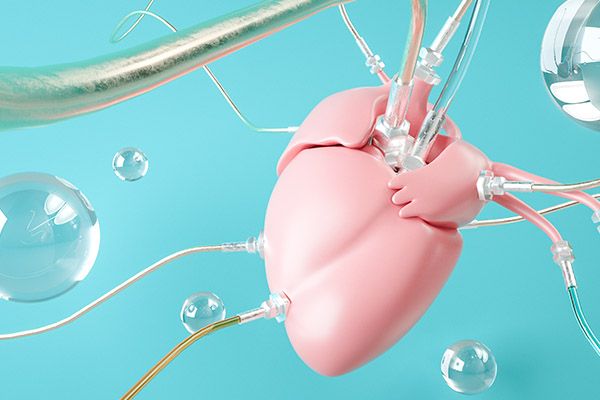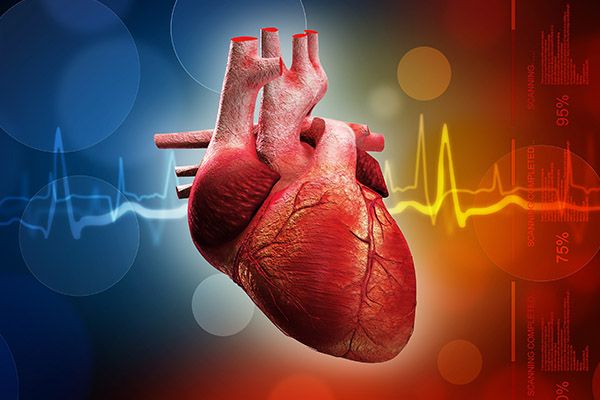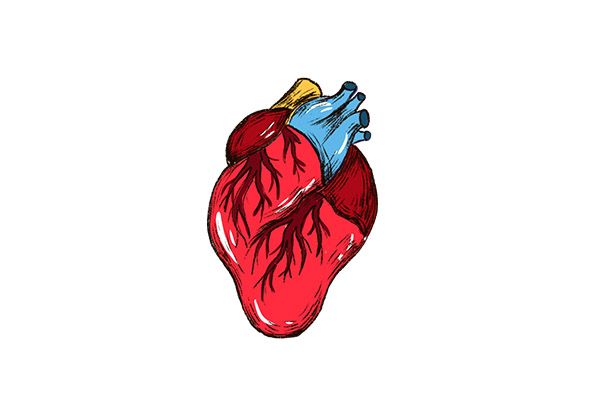In daily life, there are often various factors that lead to the adverse effects of inadequate heart blood supply, resulting in adverse symptoms of the body. If the heart is short of blood, it will not only affect the heart, our body may feel uncomfortable in different places. If the body has the condition that the heart is short of blood supply, what symptom can have? Let's take a look at the symptoms of insufficient blood supply to the heart.

Symptoms of insufficient blood supply to the heart
1. angina pectoris
Angina pectoris attack is generally related to human activities, often feel pain in the precordial area or after the sternum, but sometimes angina will occur outside the chest, such as toothache, headache, shoulder pain and so on. Angina generally lasts for a few minutes and will gradually improve after a short rest.
2. Gastrointestinal discomfort
Insufficient blood supply to the heart will also cause gastrointestinal discomfort, which may lead to vomiting, gastroenteritis, pancreatitis and other diseases.

3. Cerebrovascular disease
Such as dizziness, limb paralysis, sudden loss of consciousness, convulsion and other cerebral circulatory disorders, the reason is that during myocardial infarction, the cardiac output decreases, resulting in the decrease of cerebral blood supply, and severe arrhythmia often leads to the decrease of cerebral blood supply.
4. Arrhythmia
Even if there is no chest pain, headache and other discomfort, it may also show arrhythmia.
5. Cardiovascular disease
In the early stage of the disease, there is often no symptom, and shortness of breath gradually appears, which is manifested as: shortness of breath, no feeling on the first three or four floors, now there is panic, shortness of breath, and rapid heartbeat on the second floor, indicating that the myocardial blood supply is insufficient, and the heart function is weakened, which will be an early indication of cardiovascular disease. If you feel tired and weak, paroxysmal chest pain, it is a relatively obvious symptom of cardiovascular disease.

6. Insufficient blood supply to brain
Serious arrhythmia and decrease of cardiac output will lead to decrease of cerebral blood supply.
Through the above introduction, do you know more about the symptoms of insufficient heart blood supply? The lack of blood supply to the heart is related to the body's hematopoietic capacity, heart failure and other factors. We need to change our living habits, go to bed early and get up early, eat less sugar and fat and other foods, often do aerobic exercise and other methods to enhance the heart capacity.









